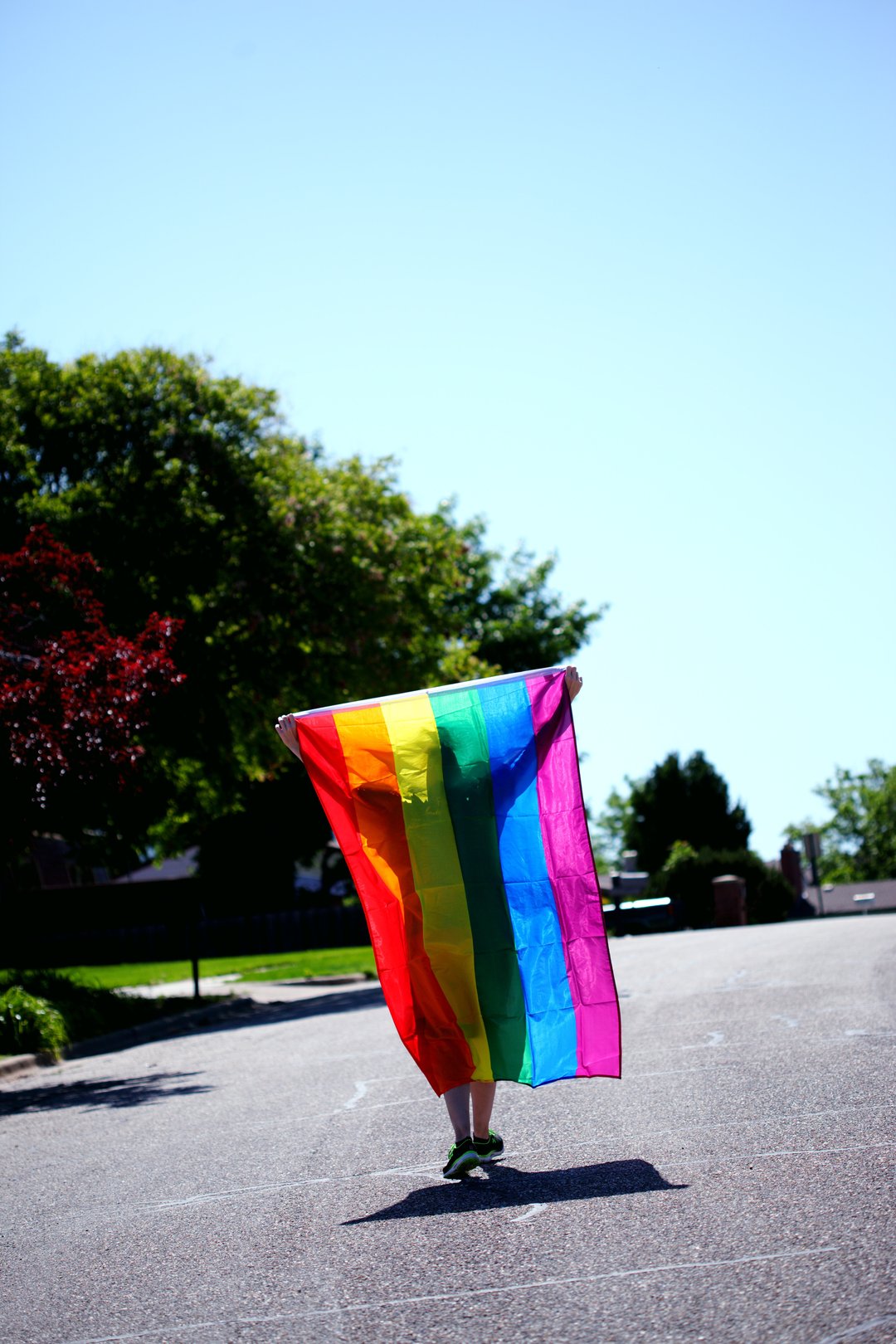Lent vs. Ramadan: Comparing Two of the World's Most Important Religious Observances
Posted in: Diversity & Inclusion
Read Time: 2 Min Read

Religion is an integral part of the lives of many people worldwide, and two of the most widely observed religious observances are Lent and Ramadan.
Lent is 40 days of reflection and preparation observed by Christians, while Ramadan is a month-long period of fasting and spiritual reflection observed by Muslims.
Although both practices involve fasting, they differ in several aspects. In this article, we will delve deeper into the differences between Lent and Ramadan and explore what makes them unique.
Timing
One of the most significant differences between Lent and Ramadan is their timing. Lent begins on Ash Wednesday and lasts for 40 days, leading up to Easter Sunday.
The timing of Lent is calculated based on the spring equinox, which falls between March 19 and 22. In contrast, Ramadan falls on the ninth month of the Islamic calendar, which follows a lunar cycle.
As a result, the dates of Ramadan change every year. During Ramadan, Muslims fast from dawn until sunset for the entire month.
Fasting
Fasting is a significant part of both Lent and Ramadan. During Lent, Christians may choose to give up certain foods or activities as a way to purify themselves and prepare for Easter. Some Christians also fast on Ash Wednesday and Good Friday.
In contrast, Muslims who observe Ramadan are required to fast from dawn until sunset each day for the entire month. The fast is broken each evening with a meal called "iftar."
Fasting during Ramadan is one of the Five Pillars of Islam, which are the foundation of Muslim life.
Purpose
The purpose of Lent and Ramadan also differs. The purpose of Lent is to remember the sacrifice of Jesus Christ and to prepare for the celebration of Easter.
It is a time of penance, prayer, and self-denial, during which Christians seek to draw closer to God. Lent is also an opportunity for Christians to reflect on their lives and make changes that will help them live more closely to their faith.
In contrast, the purpose of Ramadan is to deepen one's spiritual connection with Allah (God) and to strengthen one's faith. Muslims believe that Ramadan is a time of heightened spirituality, during which they can purify their souls and seek forgiveness for their sins.
Practices
Lent and Ramadan also involve different practices and rituals. During Lent, Christians may attend church services, pray, give alms, and participate in other spiritual practices.
Some Christians also choose to abstain from certain foods, such as meat or dairy, during Lent. In contrast, during Ramadan, Muslims may perform additional prayers, read the Quran, and engage in acts of charity.
It is also common for Muslims to break their fast with family and friends, which is an important social aspect of Ramadan.
In conclusion, Lent and Ramadan are two of the world's most important religious observances, observed by millions of people worldwide. While both practices involve fasting, they differ in several aspects, including their timing, purpose, and practices.
Lent is a time of preparation and penance leading up to Easter, while Ramadan is a time of heightened spirituality and purification. Regardless of these differences, both practices provide an opportunity for individuals to deepen their spiritual connection with God and draw closer to their faith.
Recent
- Driving Transformation Success in Financial Services: The Critical Role of Programme Management in 2025
- The Future of Programme Management: Trends and Technologies to Watch in 2025
- The Evolution of Wealth Management: Driving Client Engagement and Industry Transformation
- Preparing for legislation changes in 2025 - Albany Beck’s Change Management Solutions Breakfast Roundtable
More Like This
 Diversity & Inclusion
Diversity & Inclusion
Let’s talk Diversity & Inclusion With Alyssa Ordu, Jack Williams and Lina Ashour
In this episode, we’re joined by Jack Williams, Inclusion & Diversity Advisor at BCLP, alongside Alyssa Ordu, Diversity & Inclusion Consultant at Hustle Crew and Lina Ashour, Corporate Communications & Public Affairs Manager at SAGE Publishing. Insights ,
Diversity & Inclusion
Insights ,
Diversity & Inclusion
Embracing the Rainbow: Celebrating Pride Month with Purpose
At Albany Beck Consulting, we take immense pride in our commitment to inclusivity, diversity, and corporate social responsibility. As Pride Month takes centre stage in the UK, we seize this opportunity to reflect on the rich history of the LGBTQ+ community, the origins of the Pride movement, and our unwavering support for fostering an inclusive environment. In this blog post, we delve deeper into the profound significance of Pride, its historical roots, and how our consultancy firm actively promotes inclusivity and supports this empowering movement. The History of Pride: A Catalyst for Change Pride Month traces its origins back to the ground-breaking events of the Stonewall Riots in 1969, a pivotal moment in the LGBTQ+ rights movement. During a time when discrimination and oppression were rampant, the Stonewall Inn in New York City became a sanctuary for queer individuals seeking community and acceptance. However, frequent police raids and mistreatment led to an eruption of resistance on the night of June 28, 1969. The ensuing protests and demonstrations, fueled by the courage and determination of transgender women of colour, drag queens, lesbians, gay men, and countless others, marked a turning point in history. The Stonewall Riots became a catalyst for change, sparking a global movement that continues to fight for equality, acceptance, and dignity for all LGBTQ+ individuals. The Significance of Pride: A Celebration of Diversity and Resilience Pride Month is far more than a celebration—it is a powerful reminder of the journey toward LGBTQ+ equality and the ongoing struggle for acceptance. It serves as a platform for the LGBTQ+ community and allies to honour progress, celebrate diversity, and raise awareness about the challenges that still exist. Today, Pride has blossomed into a global phenomenon, with vibrant parades, events, and festivities taking place worldwide. These colourful displays of unity and solidarity allow LGBTQ+ individuals and their allies to come together, share their stories, and advocate for a society that embraces and celebrates everyone's unique identities. Our Commitment to Pride: Fostering Inclusivity and Transforming Lives At Albany Beck Consulting, we firmly believe that an inclusive and diverse workplace fosters innovation, creativity, and success. We are committed to creating an environment where all employees feel valued, respected, and empowered to bring their whole selves to work. Here are some ways in which we actively support the LGBTQ+ community: Non-Discrimination Policies and Practices: We maintain robust non-discrimination policies that explicitly include sexual orientation, gender identity, and gender expression. We continuously educate our workforce about these policies and promote a culture of respect and equality. Education and Training: We understand the importance of education in fostering understanding and empathy. Our consultancy firm provides comprehensive training and resources to employees, ensuring they are equipped with the knowledge and skills to create an inclusive and supportive environment for LGBTQ+ colleagues and clients. Community Partnerships: We actively engage with LGBTQ+ organizations and initiatives, forging partnerships that aim to make a meaningful impact. Through sponsorships, volunteering, and collaborative projects, we demonstrate our unwavering support for the LGBTQ+ community beyond the confines of our office. Pride Celebrations and Corporate Social Responsibility: As part of our commitment to corporate social responsibility, we actively participate in local Pride parades and events. We encourage employees to join us in celebrating Pride, showing solidarity, and marching alongside community members, activists, and organizations dedicated to advancing LGBTQ+ rights. Embracing Pride, Inspiring Change As Pride Month unfolds, let us honour the bravery, resilience, and activism of those who fought for LGBTQ+ rights. At Albany Beck Consulting, we stand firmly alongside the LGBTQ+ community, promoting inclusivity, celebrating diversity, and working towards a future where every individual feels accepted and valued. By embracing the spirit of Pride, we inspire change within our organization, our communities, and society as a whole. Happy Pride Month! Diversity & Inclusion
Diversity & Inclusion